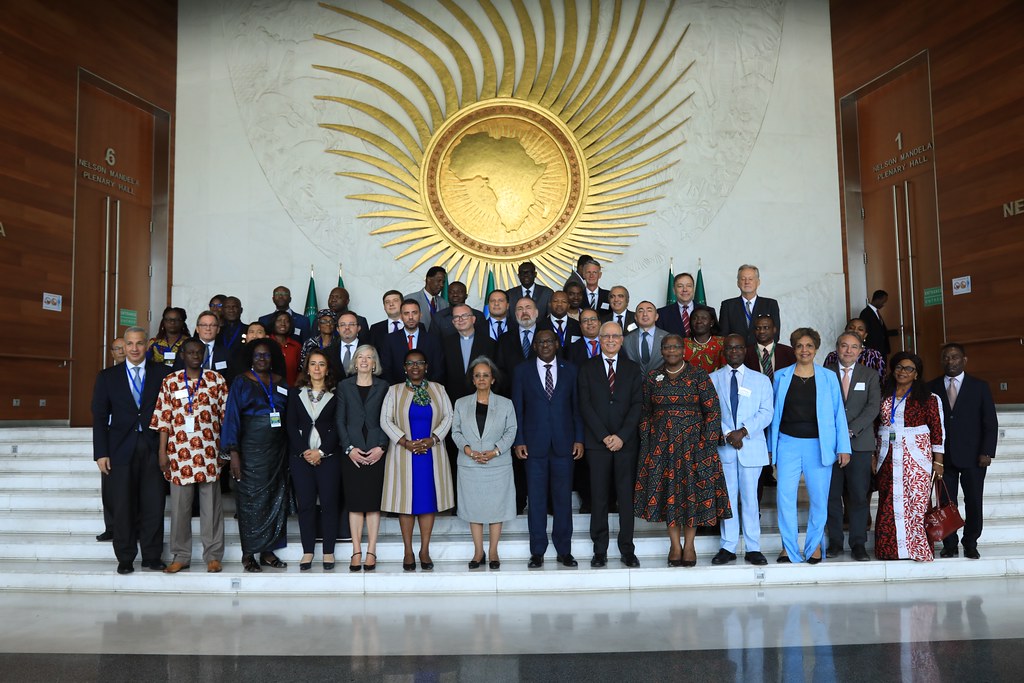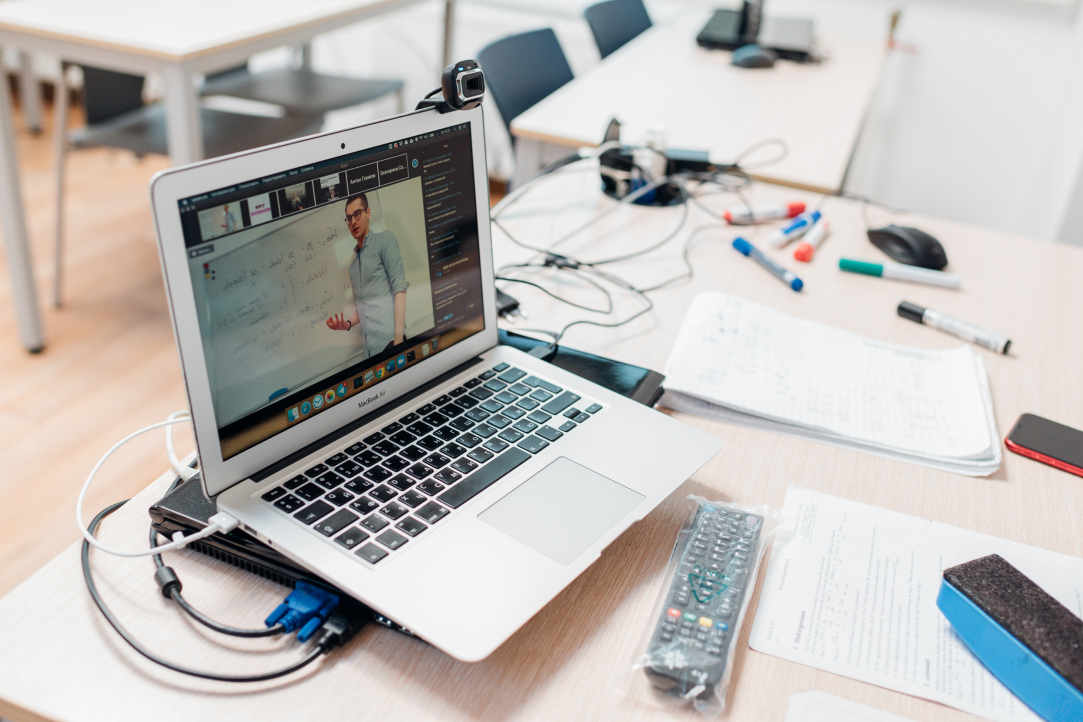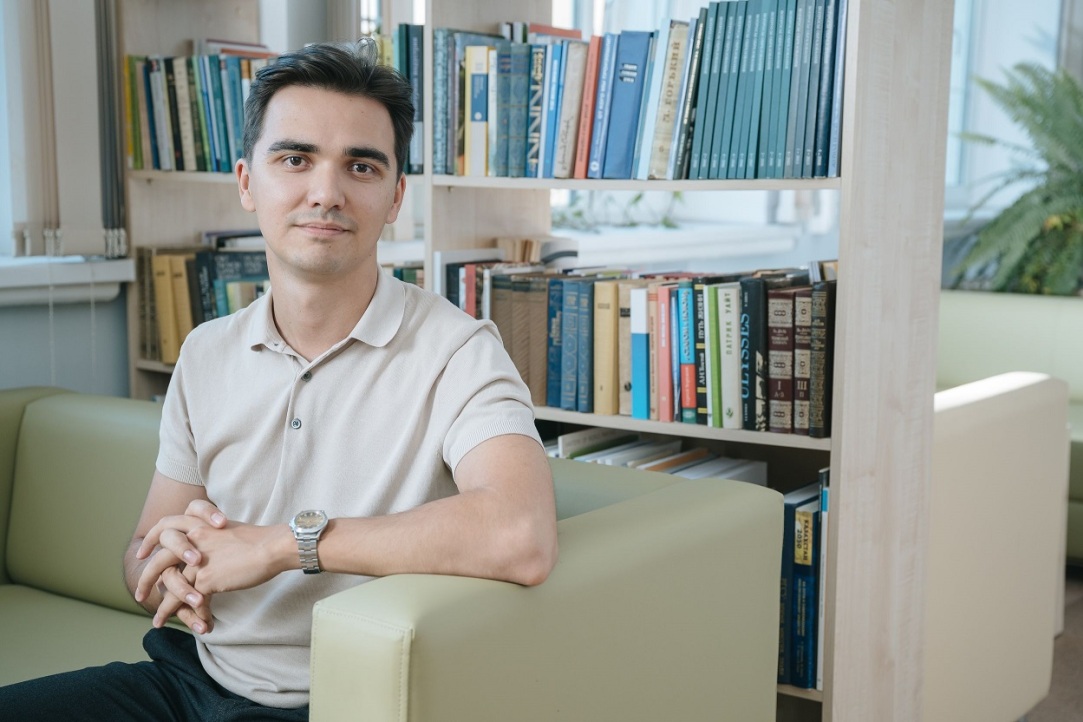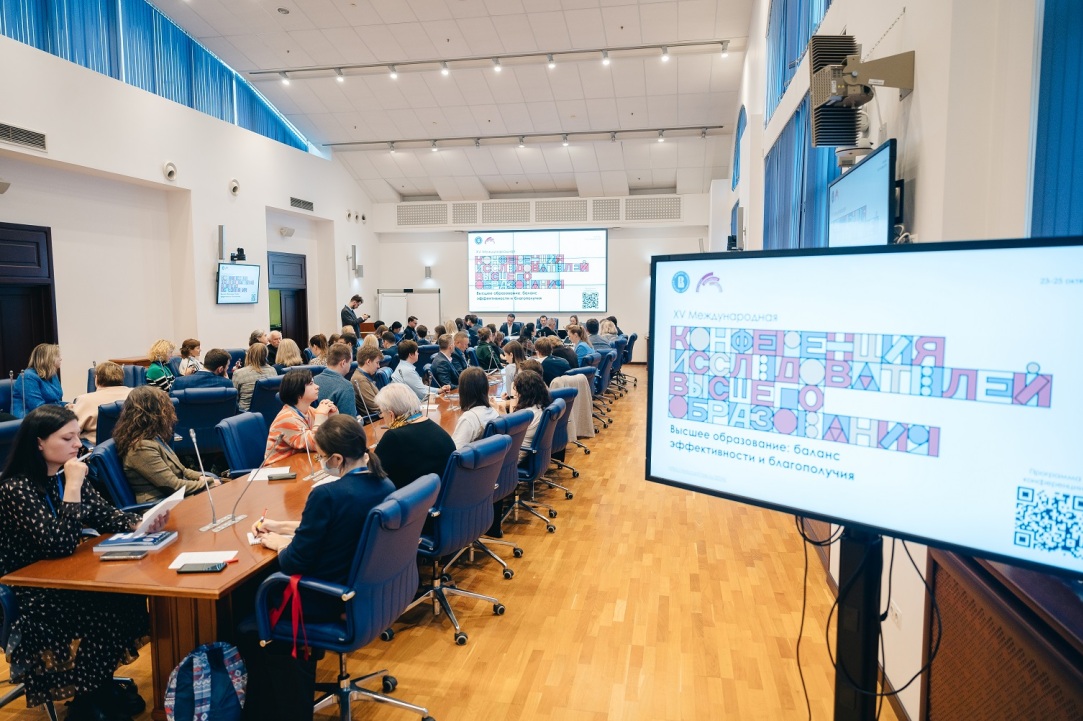
The Path to Multipolarity Runs Through Siberia
HSE University held the VI International Conference, ‘The World Majority towards a New International Order.’ Scholars discussed the development of a multipolar world, the role of the Global South in this emerging order, Russia's collaboration with countries of the world majority, the new role of Siberia in Russia's turn to the East, and closer expert cooperation to enrich the intellectual foundation of new principles in international order.

HSE Teachers Awarded Yandex ML Prize
The awards ceremony for the international Yandex ML Prize was held in Moscow. This year, all three winners in the ‘ML Educators’ category were HSE faculty members—Evgeny Sokolov, Associate Professor and Head of the Big Data and Information Retrieval School, Anton Konushin, Associate Professor at the Faculty of Computer Science, and Aleksei Shpilman, Associate Professor at the Department of Informatics at HSE’s St Petersburg School of Physics, Mathematics, and Computer Science.

HSE Experts Help to Implement Science and Technology Foresight in Africa
The population of African countries is growing so fast that the continent is likely to play a significant role in global development. However, the socio-economic situation in African States remains dramatic. Access to high-quality education, the development of science and high technologies are crucial in addressing these challenges. Professor Alexander Sokolov, Head of the UNESCO Chair on Future Studies at HSE University, spoke at the International Forum of UNESCO Chairs and Partners ‘Transforming Knowledge for Africa’s Future.’ The event took place in Addis Ababa, Ethiopia.

‘Science Is International and Aims to Benefit All of Humanity’
On October 28–30, 2024, the autumn school ‘Advances in Decision Analysis’ took place at HSE University, organised by the HSE International Centre of Decision Choice and Analysis. Among its speakers were prominent Russian and international researchers, including Nobel laureate in Economics and centre member Eric Maskin. Professor Fuad Aleskerov, head of the Centre and of the Department of Mathematics at the HSE Faculty of Economic Sciences, shared insights about the school.

Secret to Creativity: What Is Needed for the Development of Creative Industries
The importance of creative industries in driving economic development is undeniable today. Russian and foreign researchers came together at HSE University for the IIV International Academic Conference 'Creative Economy: Main Development Trends and State Policy' to discuss the factors and specific aspects shaping this field.

'Science Does Not Permit Fakes and Cheating'
As a child, Konstantin Anchikov imagined becoming 'director of the office,' and now he is researching general and extracurricular education. In this interview with the HSE Young Scientists project, he speaks about his squabbles with ChatGPT, the educational trajectories observed in remote regions, and his field expeditions to Kamchatka and Transbaikalia.

XV International Conference on Higher Education Held at HSE University
As its central theme, the conference focused on finding a balance between upholding high academic standards at universities and promoting the well-being of both students and faculty. The first plenary session examined the phenomenon of student families, with conference participants discussing how these families fit into the broader demographic context and proposing measures to support them.

HSE Scientists Propose AI-Driven Solutions for Medical Applications
Artificial intelligence will not replace medical professionals but can serve as an excellent assistant to them. Healthcare requires advanced technologies capable of rapidly analysing and monitoring patients' conditions. HSE scientists have integrated AI in preoperative planning and postoperative outcome evaluation for spinal surgery and developed an automated intelligent system to assess the biomechanics of the arms and legs.

Smartphones Not Used for Digital Learning among Russian School Students
Despite the widespread use of smartphones, teachers have not fully integrated them into the teaching and learning process, including for developing students' digital skills. Irina Dvoretskaya, Research Fellow at the HSE Institute of Education, has examined the patterns of mobile device use for learning among students in grades 9 to 11.

‘Scientists Work to Make This World a Better Place’
Federico Gallo is a Research Fellow at the Centre for Cognition and Decision Making of the HSE Institute for Cognitive Research. In 2023, he won the Award for Special Achievements in Career and Public Life Among Foreign Alumni of HSE University. In this interview, Federico discusses how he entered science and why he chose to stay, and shares a secret to effective protection against cognitive decline in old age.


Deadline for submitting applications is November 7, 2025